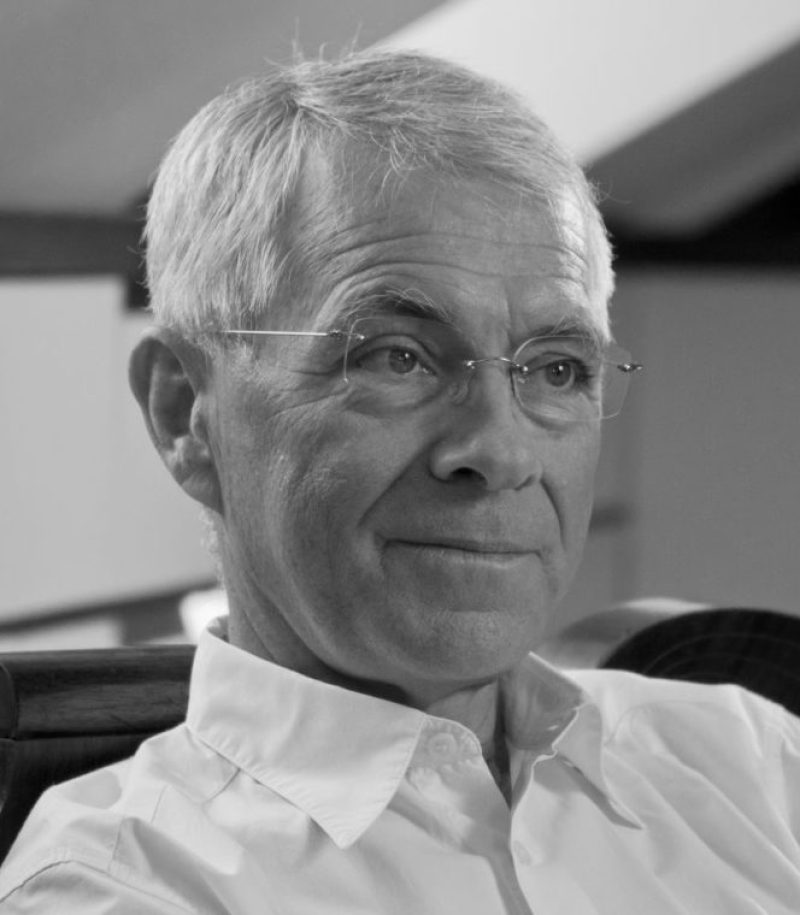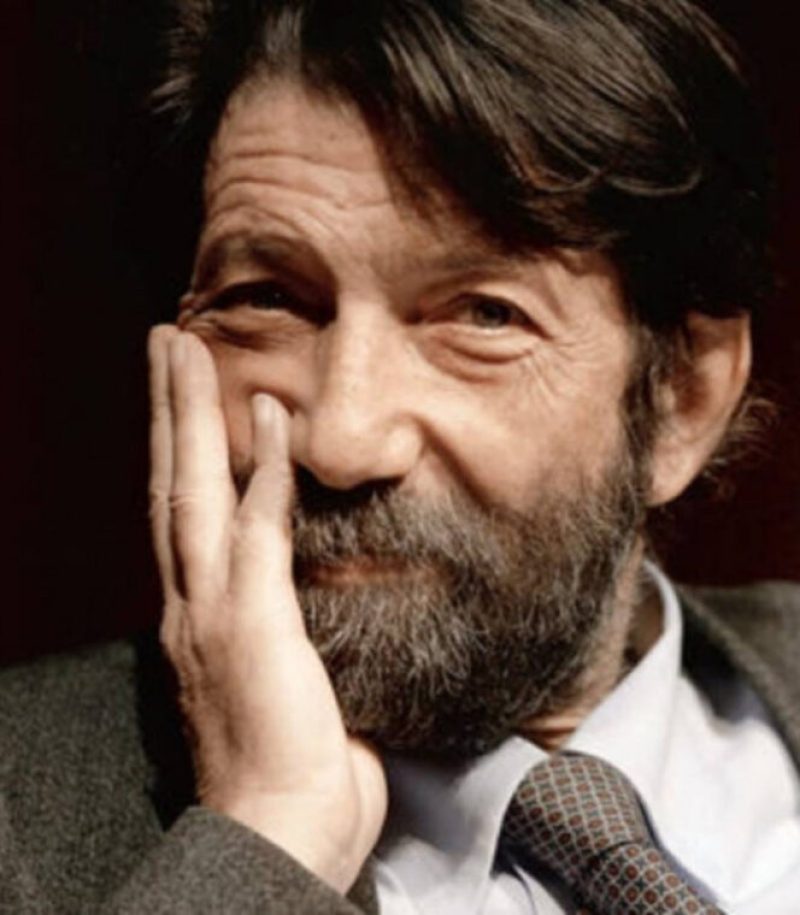¿Realmente es posible Europa? ¿O sólo puede subsistir como satélite de EE.UU.? ¿Es eficaz el proyecto de la Unión Europea? O, dicho de otro modo, ¿su planteamiento es el adecuado? Nietzsche señalaba que Europa era un enfermo incurable, pero, ¿realmente es así? ¿Es cierto que Europa es el feudo del nihilismo?
La deriva de Europa
Participantes









